What to expect from PEGS Europe 2023: Day 1
Drug Discovery World
NOVEMBER 8, 2023
Ahead of protein and antibody engineering conference PEGS Europe 2024 in Lisbon, DDW’s Megan Thomas looks at what to expect from each track of the annual biologics technology meeting.



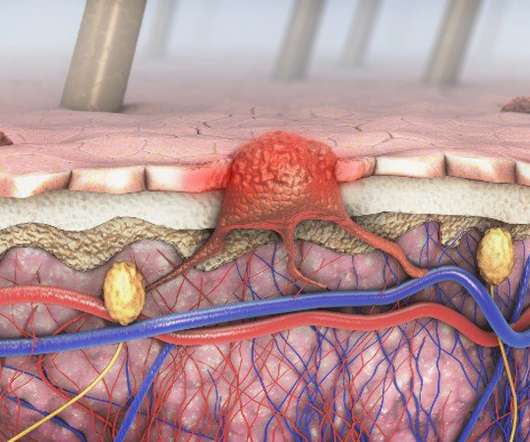
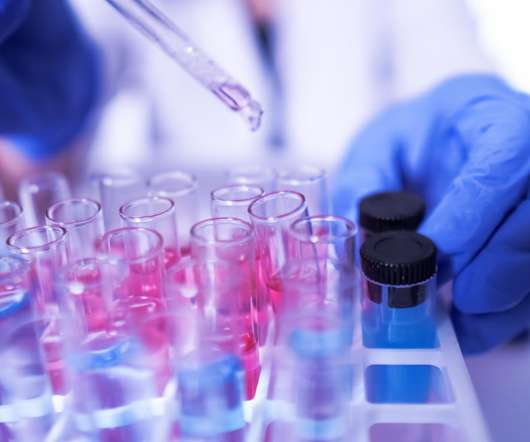

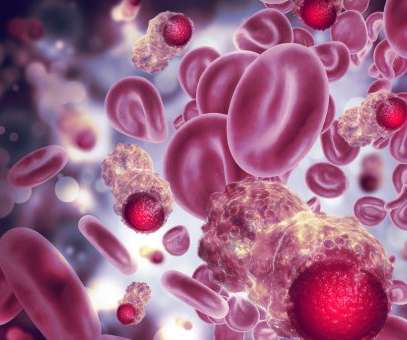
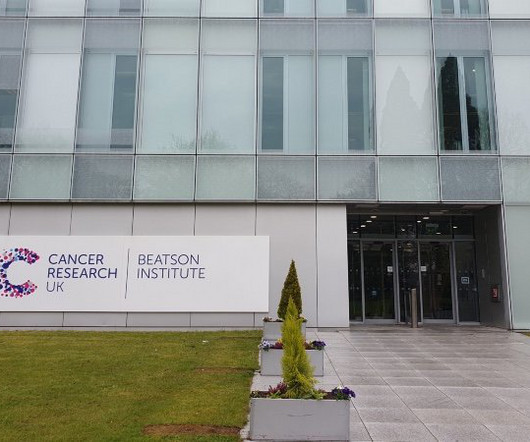
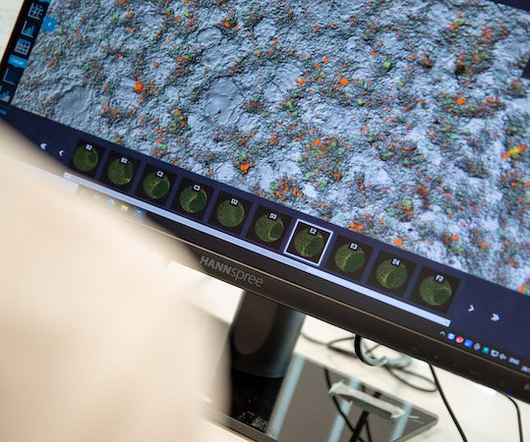
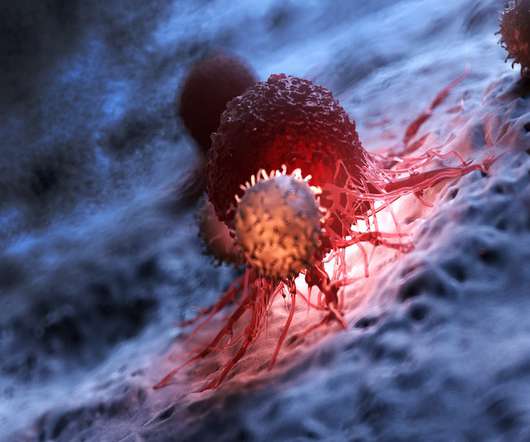







Let's personalize your content